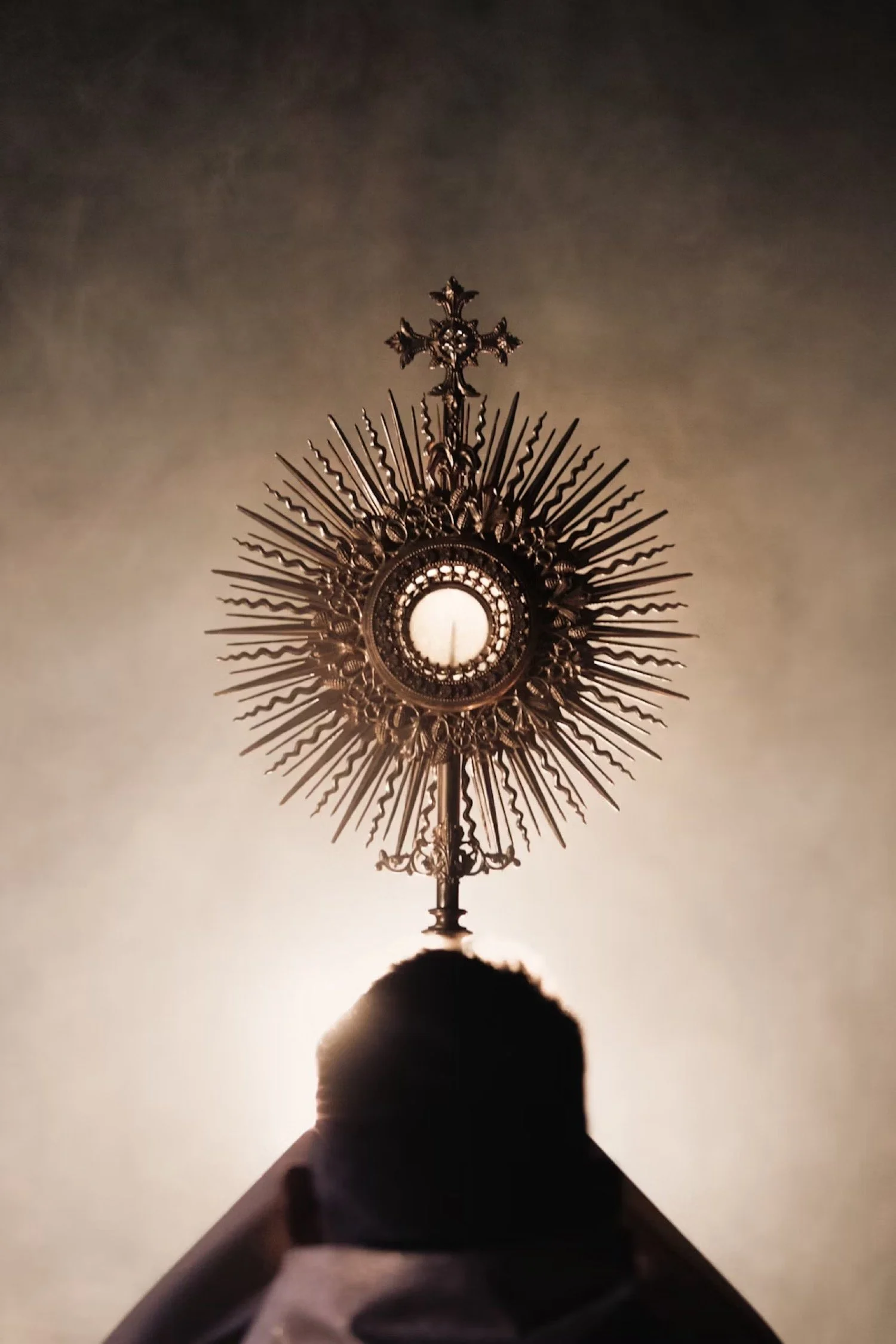Readings for today: Matthew 13, Mark 4:1-34, Luke 8:1-18
Have you ever wondered what the Kingdom of God is actually like? And how it differs from the kingdoms of this world? In our readings for today, Jesus takes up the subject of the Kingdom and describes it from a number of different angles.
The Kingdom is like a field full of different kinds of soils, some more fruitful than others.
The Kingdom is like a paddock where both wheat and weeds grow up together.
The Kingdom is like the smallest of seeds that blossoms into one of the largest of trees.
The Kingdom is like the little bit of leaven one puts in bread to leaven the whole lump.
The Kingdom is like a treasure hidden in a field.
The Kingdom is like that one pearl of great price.
The Kingdom is like a net that captures all kinds of fish, some good and some bad.
It is striking how different Jesus’ kingdom is from the kingdoms of this world. The world’s kingdoms value wealth and power and success. They measure themselves according to their size and influence. Their goal is to achieve as much as possible. To sit atop the rankings. They jockey for position. The compete with one another. They take delight on another’s fall even as they scramble for a higher rung on the proverbial ladder.
Sadly, too many churches fall into this trap as well. We value attendance. The size of our annual budgets. The number of people on staff. The beauty and attractiveness of our property and facilities. We jockey for position on Outreach Magazine’s Top 100. We seek to expand our brand by planting churches in communities where many other gospel-preaching churches already exist. We define success by the number of new attendees even though statistics show they are often transfers from the churches around us. So our “success” is another church’s “failure.” The American church is particularly susceptible to this line of thinking. I heard a pastor recently argue that we should pull back from missions around the world so we could focus on planting churches in America. After all, he said, imagine what God could do with all the resources we have in this country? As if God needs our resources to accomplish His mission.
I will confess my own failings here as well. It is so tempting for me to focus on the crowd that gathers on a Sunday morning. To dwell on how they receive the message I preach and whether or not they are putting it into practice. I spend a lot of energy daydreaming over what God could do with the resources in my church family and how that would impact not only Parker but the whole world. If I am not careful, my passion to see God awaken every heart in my congregation spills over into a sinful trust in our strength. Our wealth. Our resources. But the Kingdom of God is measured in much smaller, more subtle ways. It is the man set free from addiction. The abused woman who finds a listening ear. It is a marriage saved by counseling. A child who invites Jesus into their heart. It is a person going on a mission trip for the very first time. It is men and women stepping forth to lead and to serve in all sorts of ways. This is what the Kingdom is like. It is often hidden. Often under the radar. Often under the surface. It is messy and complex. Never clean or neat or easy. It is often two steps forward, one step back. The people we think have so much potential often are the most resistant and the people we often overlook become the true heroes and heroines of the faith.
In my experience, good soil is always mixed in with concrete, gravel, thorns and thistles. Wheat is always mixed in with weeds. Mustard seeds often get lost in the shuffle. Leaven disappears into the dough. The treasure sometimes stays hidden for years. Finding that one pearl can take decades. Casting a wide net brings in all kinds of fish. Such is life in the Kingdom and thank God it’s not up to me to sort it all out.
Readings for tomorrow: Matthew 8:18-34, 9:18-38, Mark 4:35-5:43, Luke 8:22-56, 9:57-62




